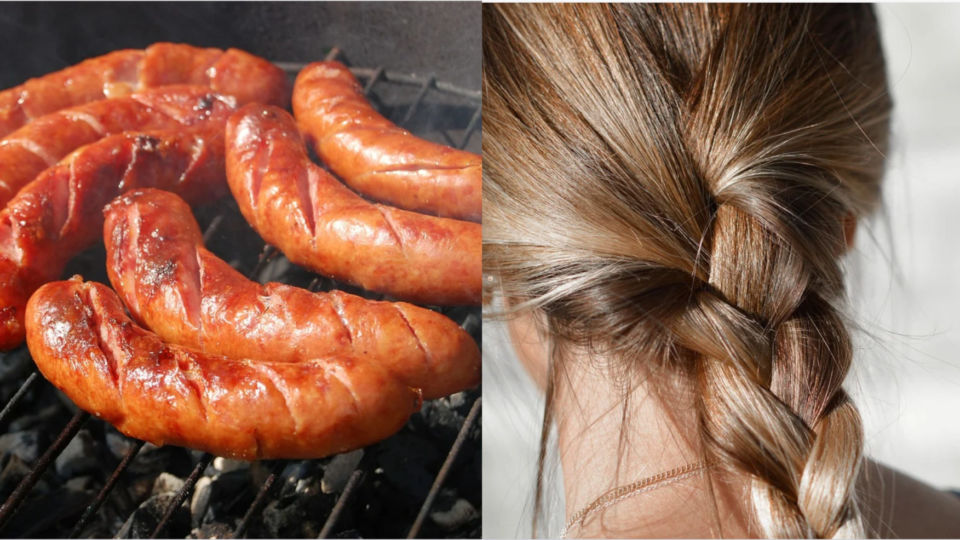Three sausage brands sold in the market in Hong Kong were found to contain a by-product of a veterinary drug banned in Mainland China, the European Union (EU) and the US, according to a study released by the city’s consumer watchdog on Monday.
To investigate their nutritional values and food safety levels, the Consumer Council recently tested 30 samples of different sausage types available in the market.
Semicarbazide (SEM), a metabolite of the veterinary drug nitrofurazone — also known as nitrofural — was detected in three sausage samples.
They are Yu Pin King’s honey cocktail sausage, Al Fresco’s spicy jalapeño with jalapeños and roasted peppers chicken sausage, and Valley Chef’s chicken franks, which contained SEM amounts of 4.0µg/kg, 6.1µg/kg and 14µg/kg respectively, exceeding the EU’s reference point for action of 1.0µg/kg.
The council said the test results of the samples have been referred to the Centre for Food Safety for follow-up.
“Research has shown that nitrofurazone could adversely affect the reproductive organs of laboratory animals, while its metabolite SEM could cause articular cartilage degeneration in laboratory animals, resulting in deformed limbs,” the council noted.
“However, there is currently insufficient evidence of the effect and carcinogenicity of nitrofurans on humans, while in fact, nitrofurazone is an effective treatment for local infections and as a catheter coating. Besides, it has been found that SEM present in food might have originated from sources other than the use of nitrofurazone.”
The council said there is currently no legislation in Hong Kong regulating the action level of nitrofurazone and its metabolites.
It recommended authorities to establish relevant regulations by making reference to EU standards, so as to safeguard the public’s health and to provide a clear legislation for manufacturers’ reference.
The council also found that 26 samples were high in sodium, while 15 were high in fats.
It reminded consumers that processed meats have been classified by the International Agency for Research on Cancer as carcinogenic to humans and “thus the consumption of processed meats such as sausages, ham and turkey slices should be reduced, so as to prevent increased risks of high blood pressure due to prolonged excessive sodium intake, as well as increased risks of cancer.”
Separately, the watchdog tested 50 rinse-off hair masks and found four samples — from Opal, KOSE Je L’aime, TSUBAKI and THANN — containing fragrance substances banned in the EU.
Opal contained 0.009 percent of hydroxyisohexyl 3-cyclohexene carboxaldehyde (HICC), a high potency skin sensitizer.
HICC has been banned by the EU for use in cosmetics, while the mainland’s Medical Products Administration has also listed it as a prohibited ingredient.
Meanwhile, KOSE Je L’aime, TSUBAKI and THANN were detected with butylphenyl methylpropional (BMHCA) — which is banned in the EU — at concentrations between 0.0012 and 0.0047 percent.
Although the current legislation in Hong Kong has not banned the use of these fragrance substances, the council said that manufacturers should stop using the related fragrance substances so as to strengthen safeguards for consumers’ health.




